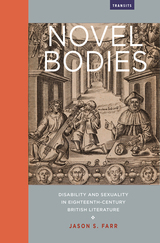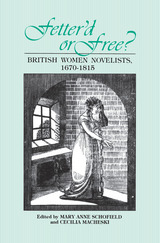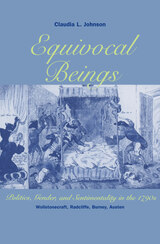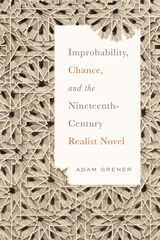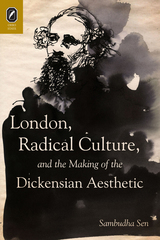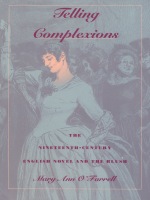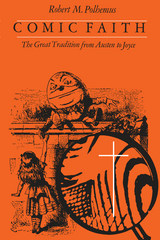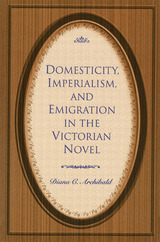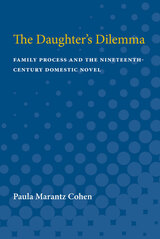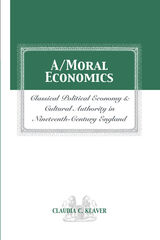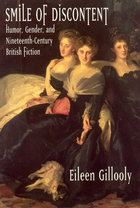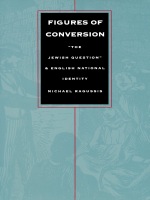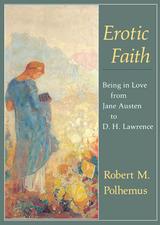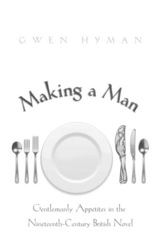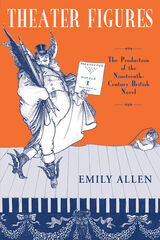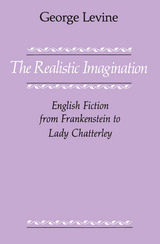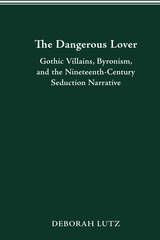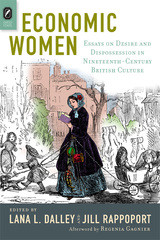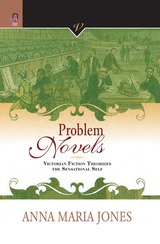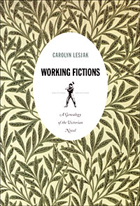Smile of Discontent: Humor, Gender, and Nineteenth-Century British Fiction
University of Chicago Press, 1999
Paper: 978-0-226-29402-5 | Cloth: 978-0-226-29401-8
Library of Congress Classification PR868.H85G55 1999
Dewey Decimal Classification 823.8099287
Paper: 978-0-226-29402-5 | Cloth: 978-0-226-29401-8
Library of Congress Classification PR868.H85G55 1999
Dewey Decimal Classification 823.8099287
ABOUT THIS BOOK | AUTHOR BIOGRAPHY | TOC
ABOUT THIS BOOK
Like sex, Eileen Gillooly argues, humor has long been viewed as a repressed feature of nineteenth-century femininity. However, in the works of writers such as Jane Austen, George Eliot, Elizabeth Gaskell, Anthony Trollope, and Henry James, Gillooly finds an understated, wryly amusing perspective that differs subtly but significantly in rhetoric, affect, and politics from traditional forms of comic expression.
Gillooly shows how such humor became, for mostly female writers at the time, an unobtrusive and prudent means of expressing discontent with a culture that was ideologically committed to restricting female agency and identity. If the aggression and emotional distance of irony and satire mark them as "masculine," then for Gillooly, the passivity, indirection, and sympathy of the humor she discusses render it "feminine." She goes on to disclose how the humorous tactics employed by writers from Burney to Wharton persist in the work of Barbara Pym, Anita Brookner, and Penelope Fitzgerald.
The book won the Barbara Perkins and George Perkins Award given by the Society for the Study of Narrative Literature.
Gillooly shows how such humor became, for mostly female writers at the time, an unobtrusive and prudent means of expressing discontent with a culture that was ideologically committed to restricting female agency and identity. If the aggression and emotional distance of irony and satire mark them as "masculine," then for Gillooly, the passivity, indirection, and sympathy of the humor she discusses render it "feminine." She goes on to disclose how the humorous tactics employed by writers from Burney to Wharton persist in the work of Barbara Pym, Anita Brookner, and Penelope Fitzgerald.
The book won the Barbara Perkins and George Perkins Award given by the Society for the Study of Narrative Literature.
See other books on: Comic, The, in literature | English fiction | Humor | Narration (Rhetoric) | Sex role in literature
See other titles from University of Chicago Press

